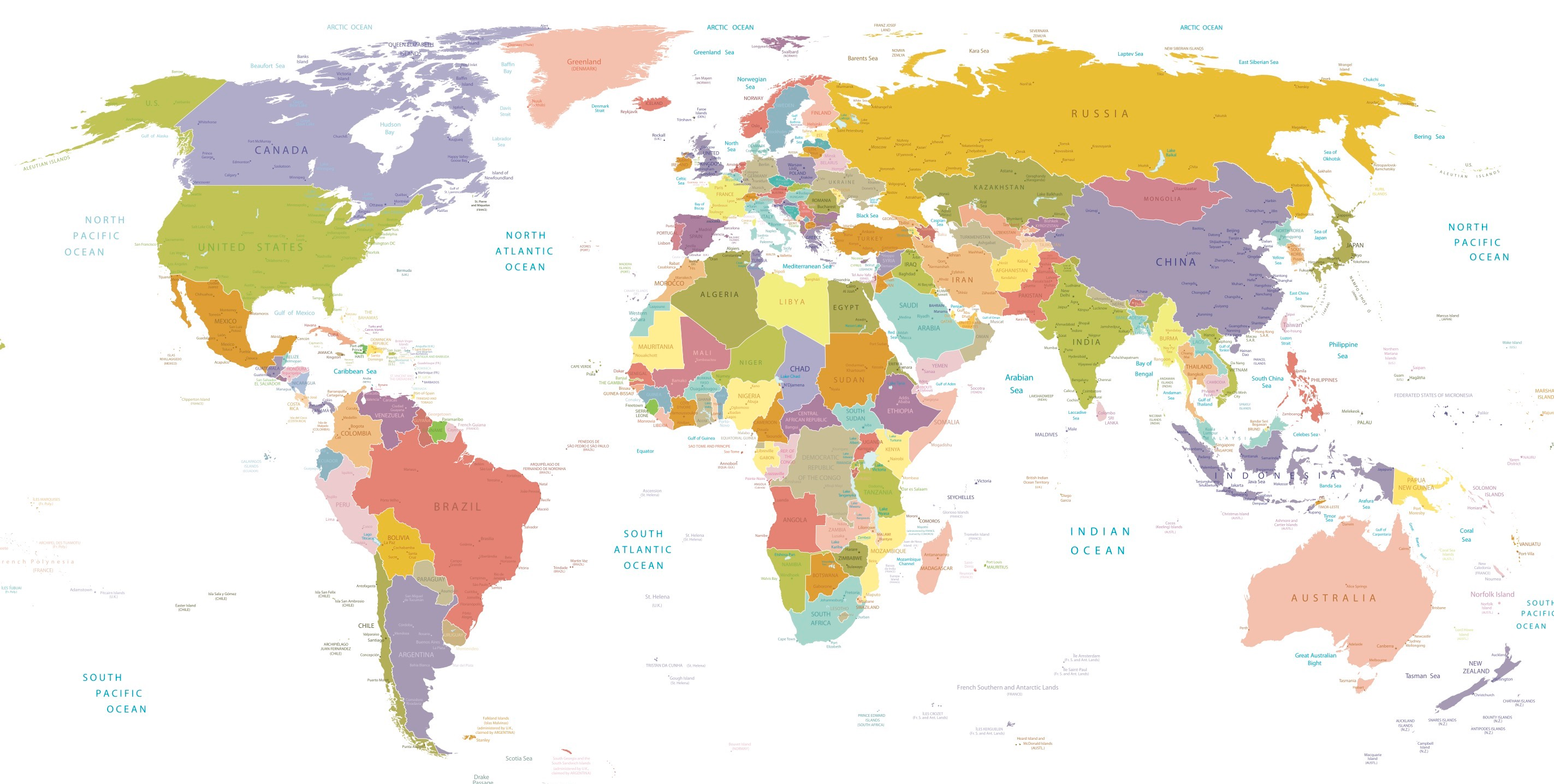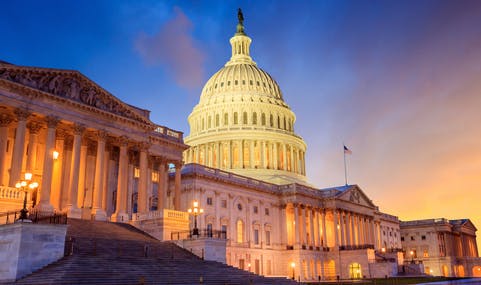The American Immigration Lawyers Association says the newly revised Fairness For High-Skilled Immigrants Act (S.386) contains “highly problematic” changes. They decry the removal of the “do no harm provision” that ensures those with approved petitions do not wait any longer than they would under current law. AILA supports the RELIEF ACT as “the best way to eliminate country caps and bring fairness.”Senator Mike Lee (R-UT) has changed the Fairness For High Skilled Immigrants Act in a way that has prompted AILA to make a public stand against the bill. They did not take an official position on the original version.AILA points to the removal of certain provisions in the original version that would protect those with approved immigrant visa petitions. In addition to stripping away the “do no harm provision,” the revised bill also requires an “unnecessary” two-year waiting period for early adjustment filings.
The practical impact of the High Skilled Immigrants Act
EB-5 stakeholders have pointed out that the Fairness For High Skilled Immigrants Act favors petitioners with an older priority date — in other words, Chinese applicants. But everyone else would move behind the Chinese backlog. In response to the big EB5 news at the time, industry expert Suzanne Lazicki has calculated the following impact of the Fairness For High Skilled Immigrants Act on EB-5 applicants.
- past Chinese petitioners would receive their EB5 Green Cards at least 3-5 years earlier than under current regulations
Indian investors with priority dates in 2017 and earlier would not be significantly impacted, but those with 2018 or 2019 priority dates would wait an additional 3-4 years
Vietnamese petitioners with priority dates in 2016 would not see much difference, but those with 2018 or 2019 priority dates would wait an extra 2-3 years
EB-5 petitioners from all other countries with priority dates after 2017 would receive Green Cards 3-5 years later than under current regulations
Future petitioners from all over the world making an EB5 investment would wait 7-8 years for a Green Card
Lazicki goes on to pronounce that the enactment of the bill would mean that the industry, from EB5 regional centers to investors, “would likely go into hibernation, except for services to past investors.
AILA’s message to senators
The group is urging senators to have Senator Lee remove what they call the “harmful changes.” If the contested changes are not removed, AILA asks senators to oppose S.386 and to withdraw their support if they were cosponsors of the original version.In contrast to their condemnation of S.386, AILA does ask its members to support the RELIEF Act (S.2603/HR5327) as the answer for eliminating country caps and ensuring fairness and opportunity for all in the system. It states that the RELIEF Act “provides smart, holistic solutions to the problems caused by the immigrant visa backlog and the per country quotas.”The RELIEF Act would do the following:
- over five years, it would phase out per-country limits for employment-based Green Cards
create a pool of new EB5 Green Card almost matching the total of people in the employment-based and family-based backlog; these would be distributed over five years
- it would exempt family members from quotas
- it would protect children from “aging out” based on their parents’ petitions
AILA supports the elimination of country quotas
AILA does indeed want country caps to be eliminated from the employment-based visa system; it supports the mandate to award visas to immigrants based on their skills and not their homeland. However, AILA does want this done in a manner that does not negatively impact those already in line, and “does not close off opportunities for immigration in the future.”Read the AILA statement





